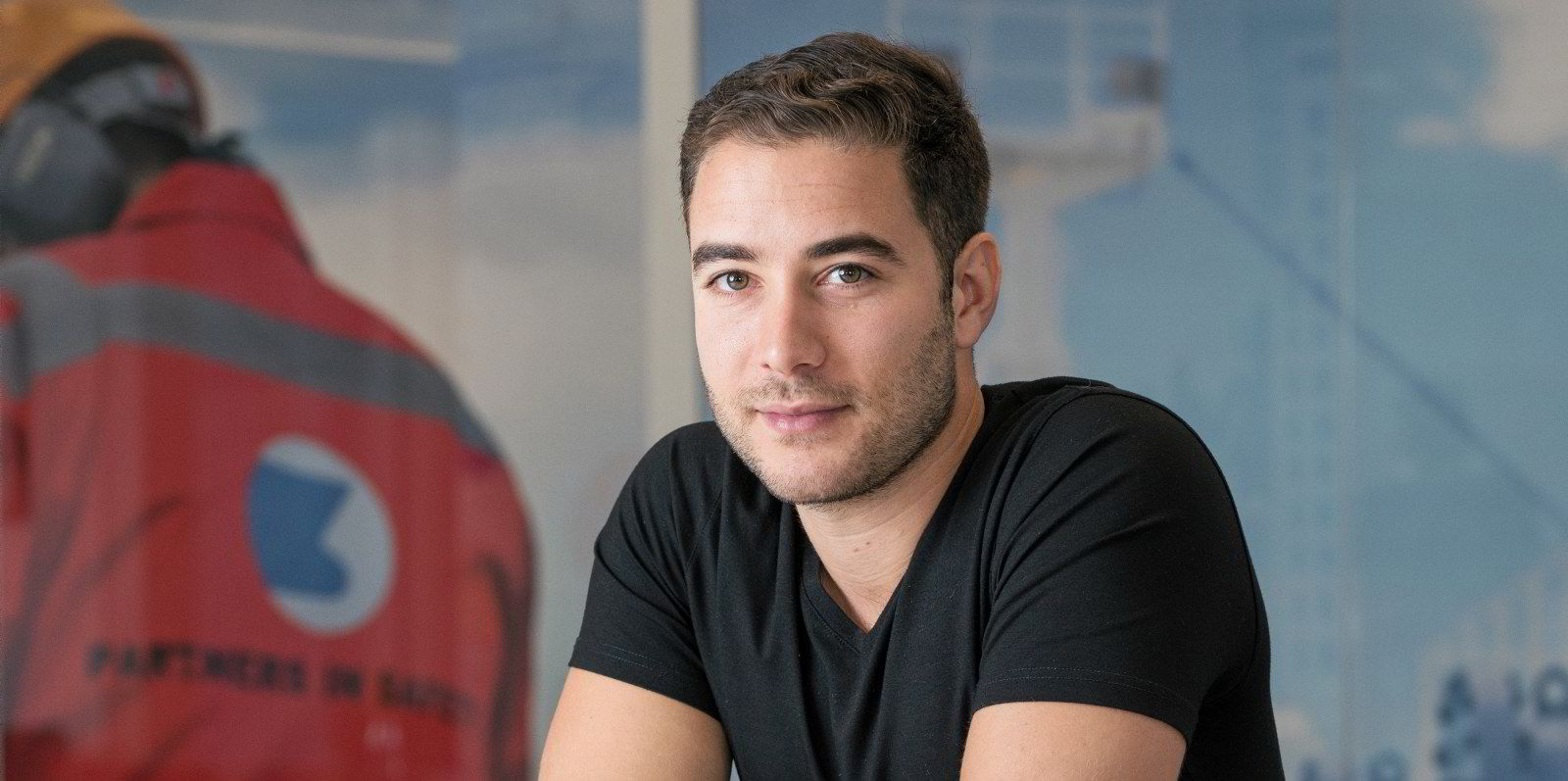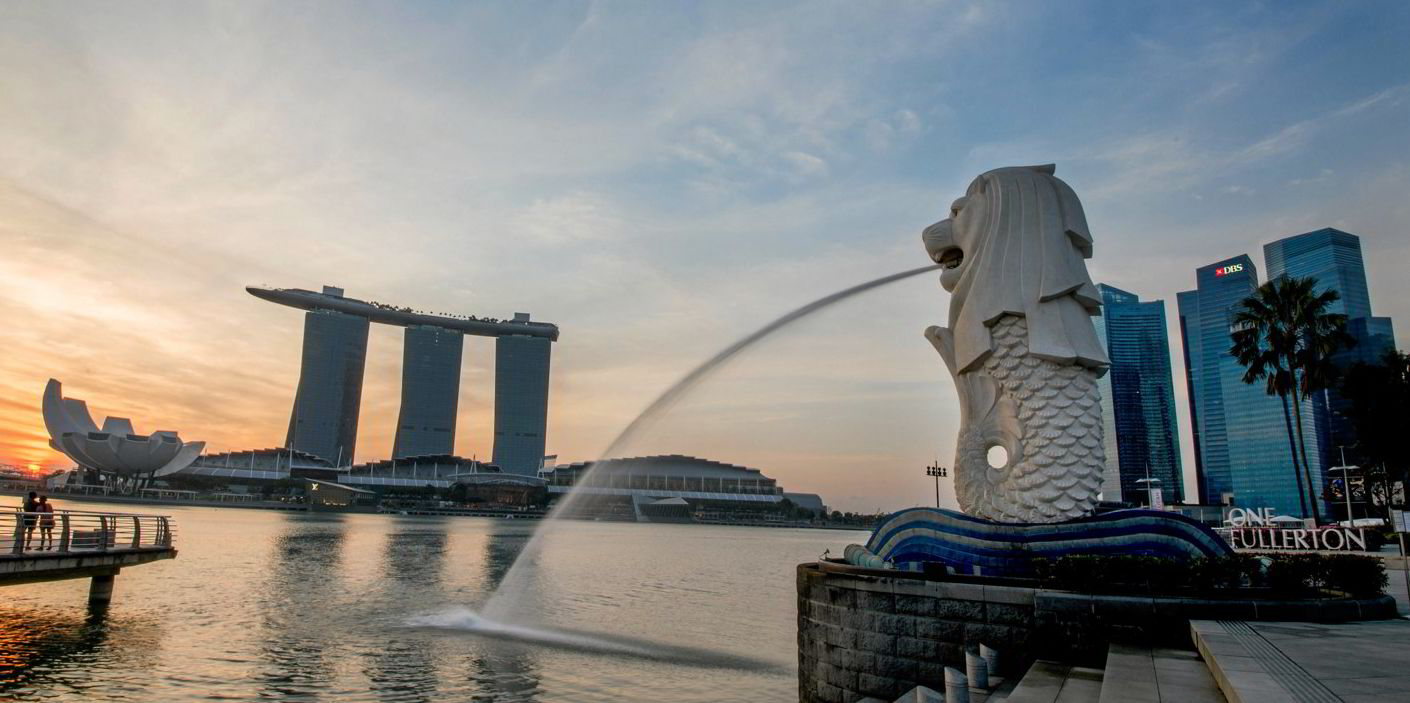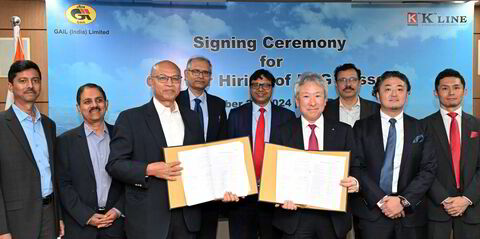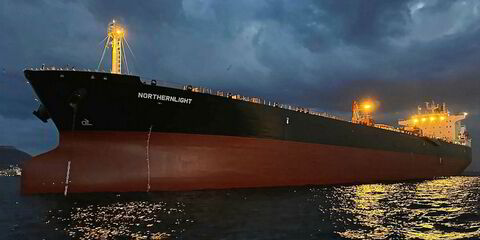There is no better time than now to be a maritime start-up in Singapore, said Gil Ofer, special advisor for innovation at Eastern Pacific Shipping (EPS).
“Singapore is ambitious in wanting to be one of the leaders in maritime innovation, and so far, they have been doing all the right things to make their vision a reality,” he told TradeWinds.
Ofer said part of the city-state’s ‘Smart Nation’ initiative is to create a culture of innovation and experimentation.
“This includes making Singapore a living laboratory committed to investing in research and innovation to spark emerging breakthroughs and drive new areas of economic growth,” he said.
“It is also designing an industry and start-up ecosystem by connecting technoprenuers with industry mentors, creating a bridge between innovation and enterprise.”
Ofer said Singapore’s Maritime Port Authority also has its sights set on making Singapore an International Maritime Centre by 2030, making it a global hub of connectivity, innovation and talent.
“Maritime is one of Singapore’s oldest and largest industries and as a result, the local community – whether it be investors, lenders, lawyers, owners, operators – intuitively understand the maritime opportunity,” he said.
Support and mentoring
“Therefore, there is a lot of support and mentoring at hand. The Eastern Pacific Accelerator powered by Techstars, for example, had more than a 150 people — from across the maritime community come in to mentor the start-ups.”
Ofer, one of the new tech-savvy generation of the Ofer family at EPS, said almost every major shipping company or maritime vendor has a substantial operation in Singapore, making it much “easier to secure customers and funding”.
In terms of financing, Ofer said specific funding information for maritime start-ups regionally or within countries is not something that is readily available.
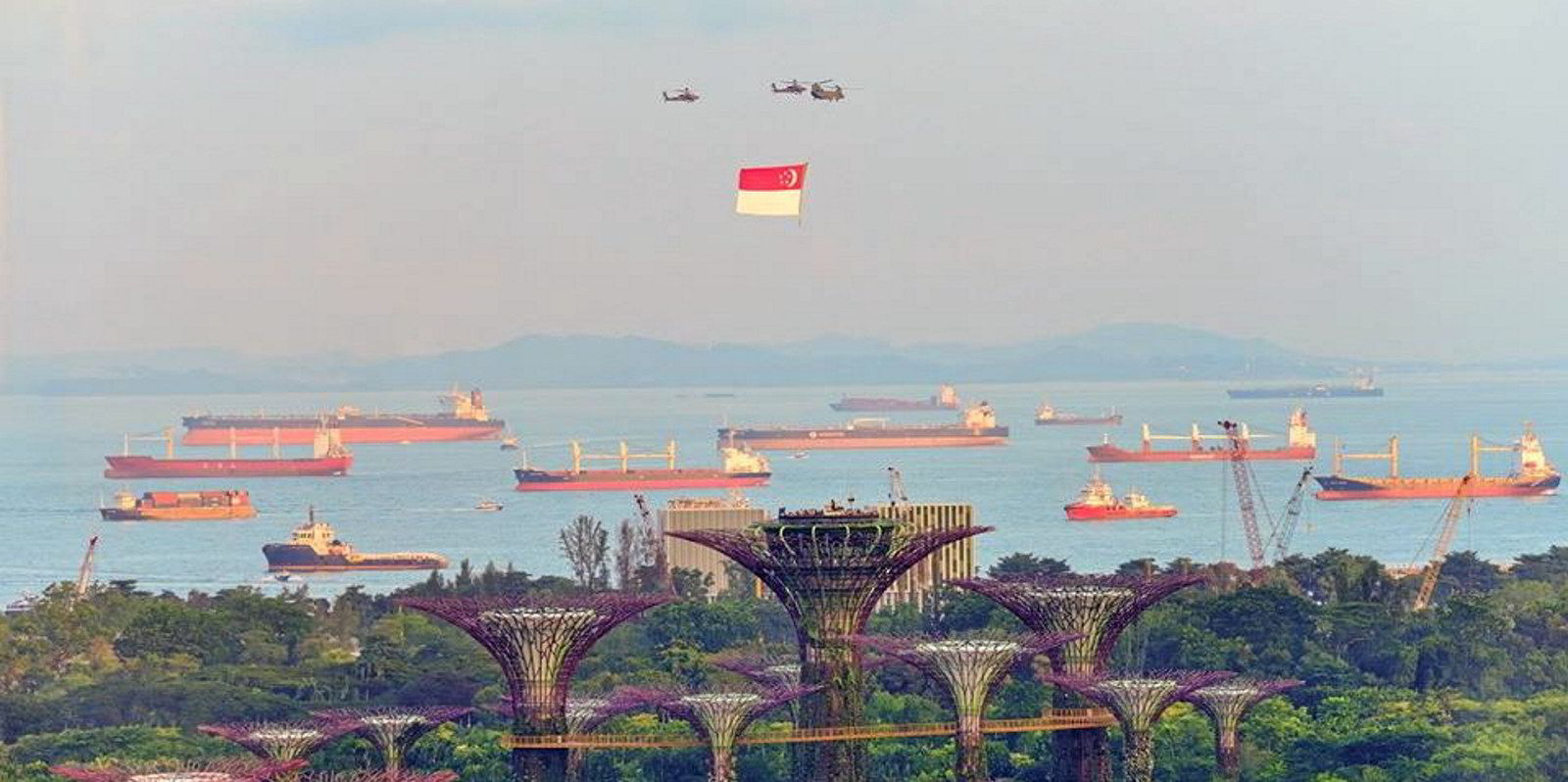
“However, it seems that while Singapore is supporting accredited venture capital firms by matching funding and thereby derisking venture capital investments, particularly for early stage and deep tech start-ups, some of the large $30m to $50m maritime-focused funds don’t have a Singapore equivalent,” he said.
“This presents a great opportunity for investors and will certainly strengthen the Singapore maritime innovation ecosystem.”
Ofer also points to the sheer number of port calls in Singapore which makes it an “easy place for a start-up to do trials and form partnerships”.
Digital economy
He said Singapore’s larger objective is to harness technology, networks and big-data to create tech-enabled solutions, and they fully understand that start-ups are “a key component of this”.
“Start-ups have a crucial role in the digital economy and in keeping the Lion City vibrant and competitive,” he said.
“This vision is supported by excellent infrastructure and connectivity to neighbouring economies, which also compliments the pro-business environment Singapore has created.”
This environment, he said, makes it easy for “foreign talent to bring their ideas here while simultaneously cultivating and inspiring homegrown local talent”.
Despite the success of the maritime start-up sector in Singapore, Ofer believes greater opportunities remain to be exploited.
“While the opportunities in MaritimeTech are great, it does trail in comparison to larger sector areas, like FinTech,” he said.
